|
The African Union is against military coups and has rules that enable it to expel member states if governments are overthrown by force. But recent popular protests that have led to the toppling of authoritarian regimes, in some cases with explicit or implicit military support, have shown the AU’s approach to be lacking. Adem K Abebe explains how events in Sudan and Algeria underscore why the AU needs to tighten up its rules and develop a
more nuanced approach.
In Sudan the role of women is defined by Sharia and customary laws. This can mean that women who try to have a public role face criticism for neglecting their family duties. But, Griet Steel explains, some women entrepreneurs are using smartphones and social media to circumvent these social constraints.
And Bruce Kidd sets out why the ruling against Caster Semenya flies in the face of best practice in policy making, overrides human rights and will cause tremendous anxiety and even harm among the female athletes in the world, particularly those in the Global South.
|
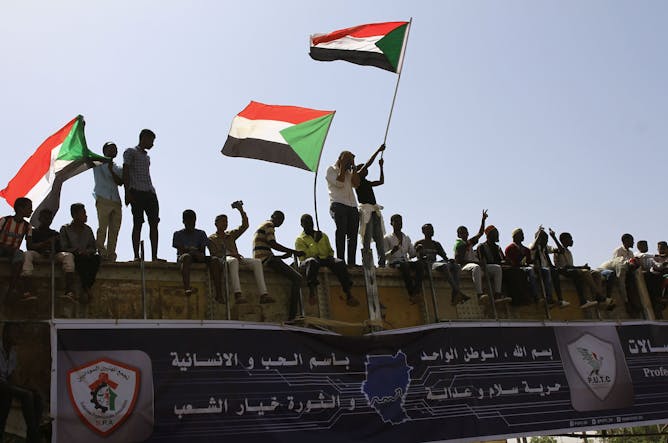
Unyielding protesters put an end to Sudanese President Omar al-Bashir’s 26-year old authoritarian rule.
EPA-EFE/Stringer
Adem K Abebe, University of Pretoria
The role of the military in toppling authoritarian rulers, after intensive popular protests, raises questions about how the AU's policy against coups should be applied.
|

Online activities enable Sudan’s women to work at home without jeopardising social expectations.
UfaBizPhoto/Shutterstock
Griet Steel, Utrecht University
Women in Sudan have been resisting the controls placed on them for some time - by using their smart phones and social media to trade.
|
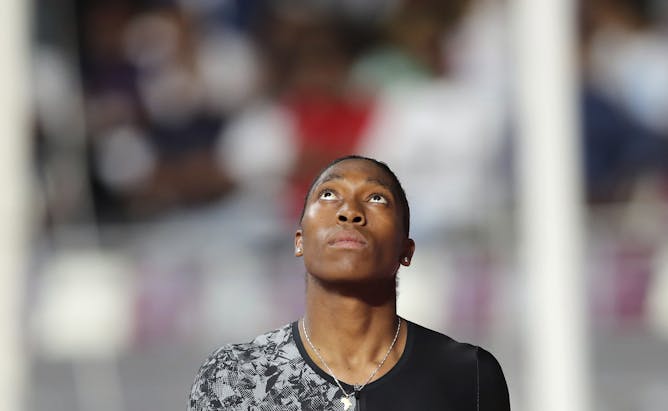
South Africa’s Caster Semenya in the moments before the women’s 800-meter final during the Diamond League athletics event in Doha, Qatar on May 3. The world champion easily won the race, but her future remains in doubt.
(AP Photo/Kamran Jebreili)
Bruce Kidd, University of Toronto
The great South African runner Caster Semenya may have competed in her last 800-metre race. She has been demonized for more than a decade, like many other female athletes before her.
|
Politics + Society
|
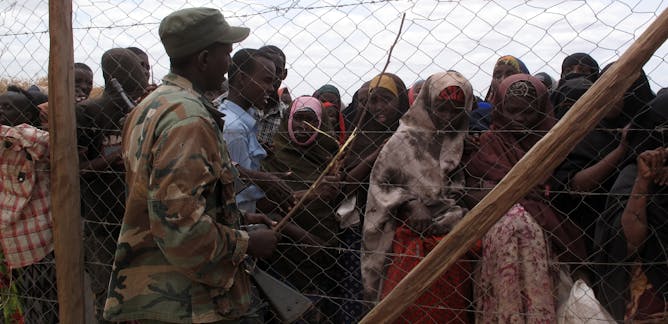
Mollie Gerver, University of Essex
Human rights organisations worry that the UNHCR may be helping refugees return to war zones and, as an enabler of repatriation, are helping Kenya to violate refugees' rights
| |
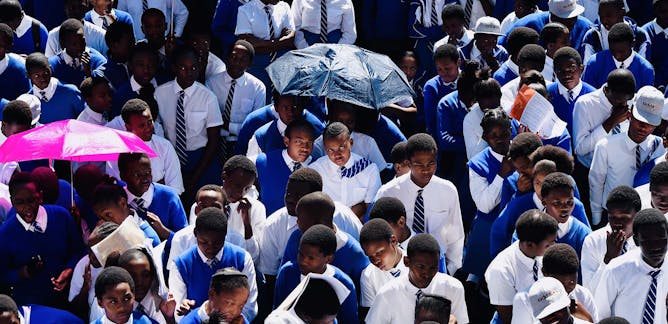
Vijay Reddy, Human Sciences Research Council; Jaqueline Harvey, Human Sciences Research Council; Palesa Sekhejane, Human Sciences Research Council
Here's what researchers found when they assessed the election manifestos of South Africa's three biggest political parties' and what they say about education.
|
|
|
Business + Economy
|
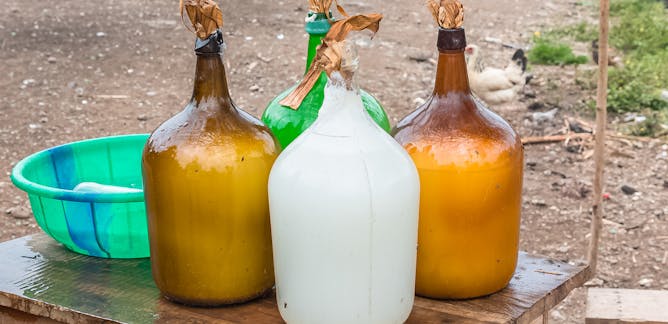
Chika Ezeanya-Esiobu, University of Rwanda
Although still hugely popular in rural areas, we found that there is little or no support from the government to develop the local brew industry because it's viewed as unhygienic and hard to tax.
| |
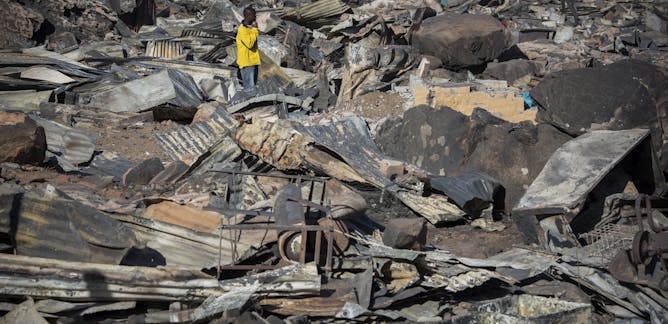
Fiona Anciano, University of the Western Cape; Laurence Piper, University of the Western Cape
Rebuilding informal settlements after a disaster must be done through learning from those who live in the settlements.
|
|
|
From our international editions
|

Sarah Rose, Staffordshire University
World Health Organisation guidelines on screen time lack nuance.
| |
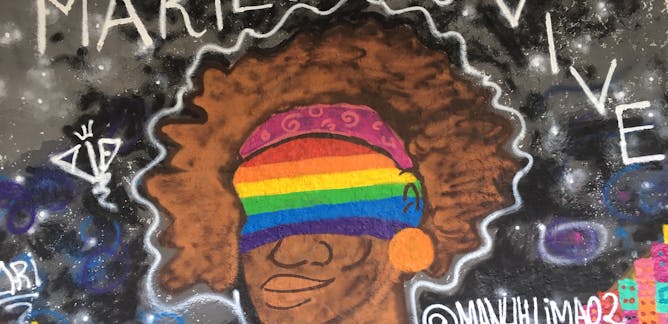
Catherine McNamara, University of Portsmouth
Violence against LGBTQ people in Brazil is at an all-time high, but artists refuse to be intimidated.
|
|
|